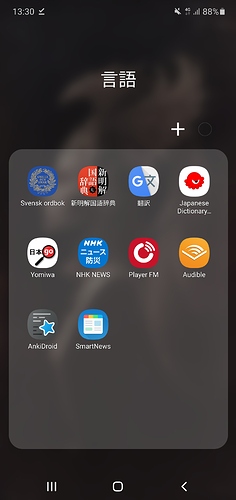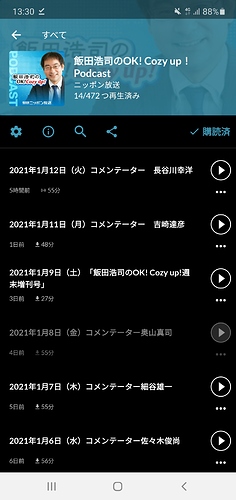I really like either finding shows with Japanese subtitles (netflix has some, sadly not that many) or something like https://www.satorireader.com/ (I know it’s meant to practice reading, but they have audio for everything, so you could just listen to an article and later on check whether you heard correctly).
Also, just experience the language in general. There are several great japanese youtube channels posted over on the Recommended video of the day (or article) discussion. I’d suggest just subscribing to some of them (or find some others you enjoy) and try and follow along.
It might be a blur in the beginning, but very soon you’ll start to be able to pick apart the words and sentences. There are also several beginner podcasts on the internet, though that’s not something I use myself, I’ve heard good things about nihongo con teppei and I saw mention of a podcast called ‘Azumi’s Easy Japanese Small Talk’ (https://anchor.fm/azumi) on the learnjapanese subreddit about a week ago. Again, I don’t personally listen to podcasts, but they may be right for you.
A final thing you could use is beginner anime without subtitles. I’d recommend シロくまカフェ, Chi’s sweet home or みなみけ. They are all fun anime, basic grammar and vocabulary, so you can focus on listening.
Whatever you choose to do, best of luck, and remember, getting better at listening simply means listening more!



